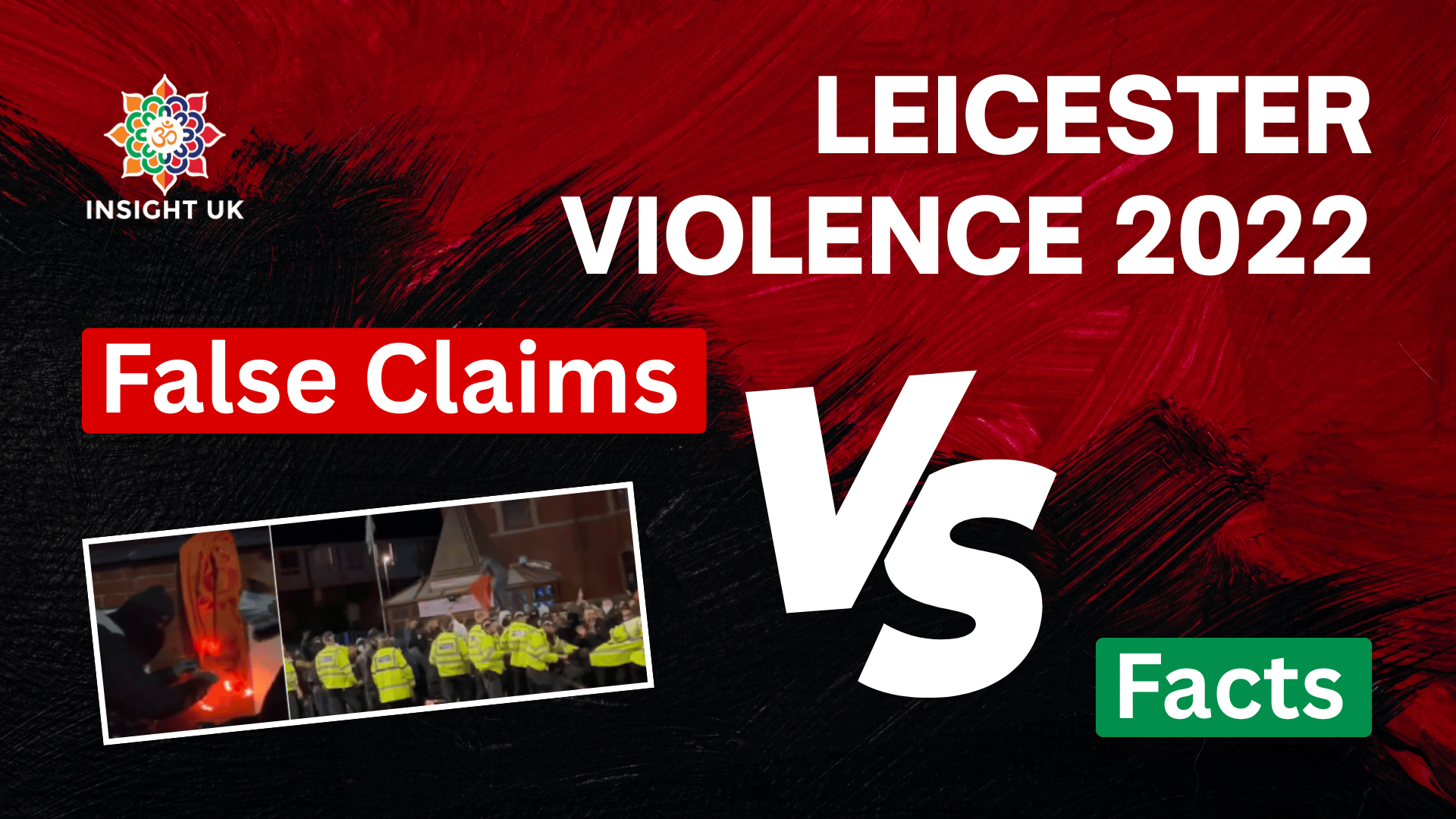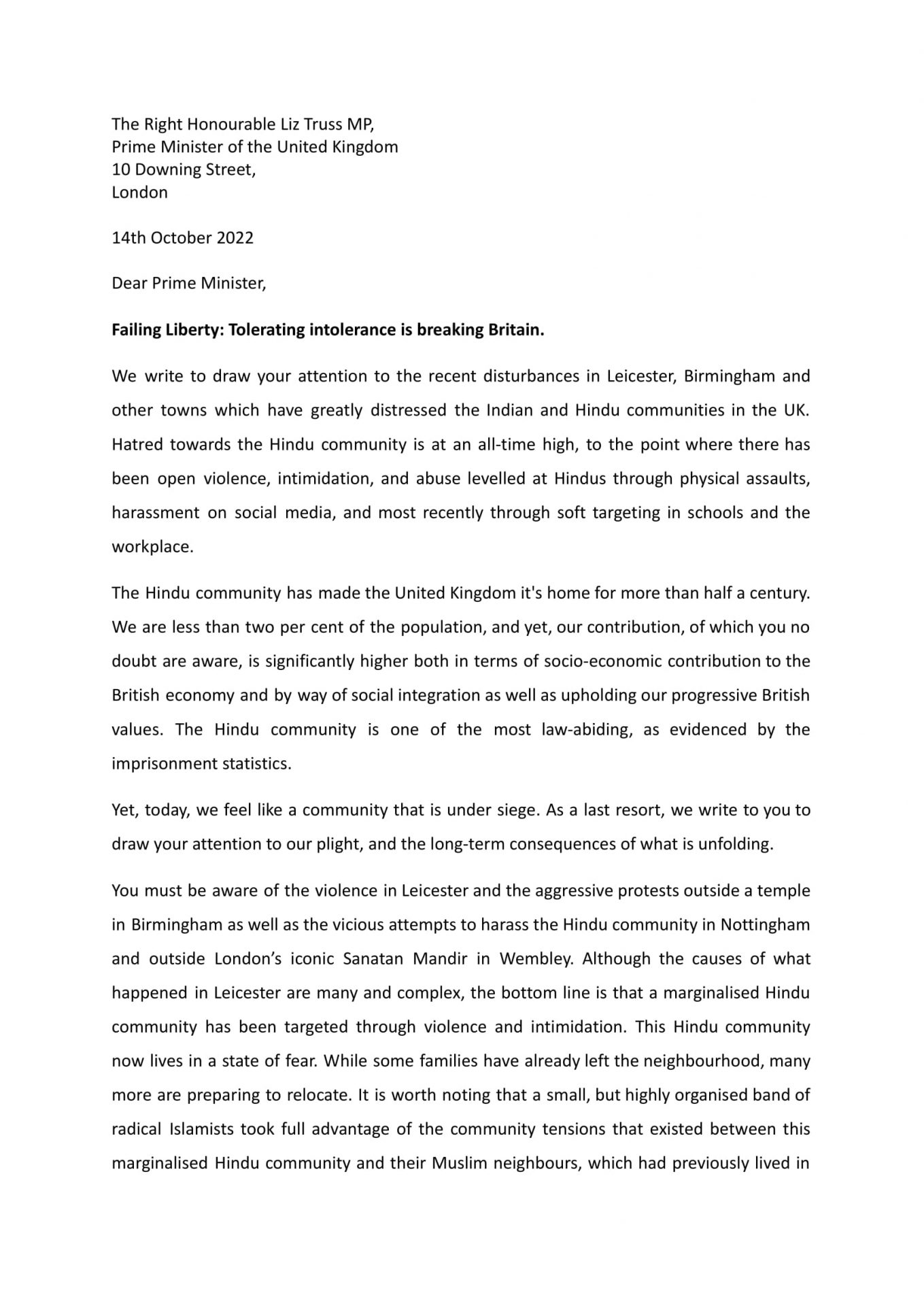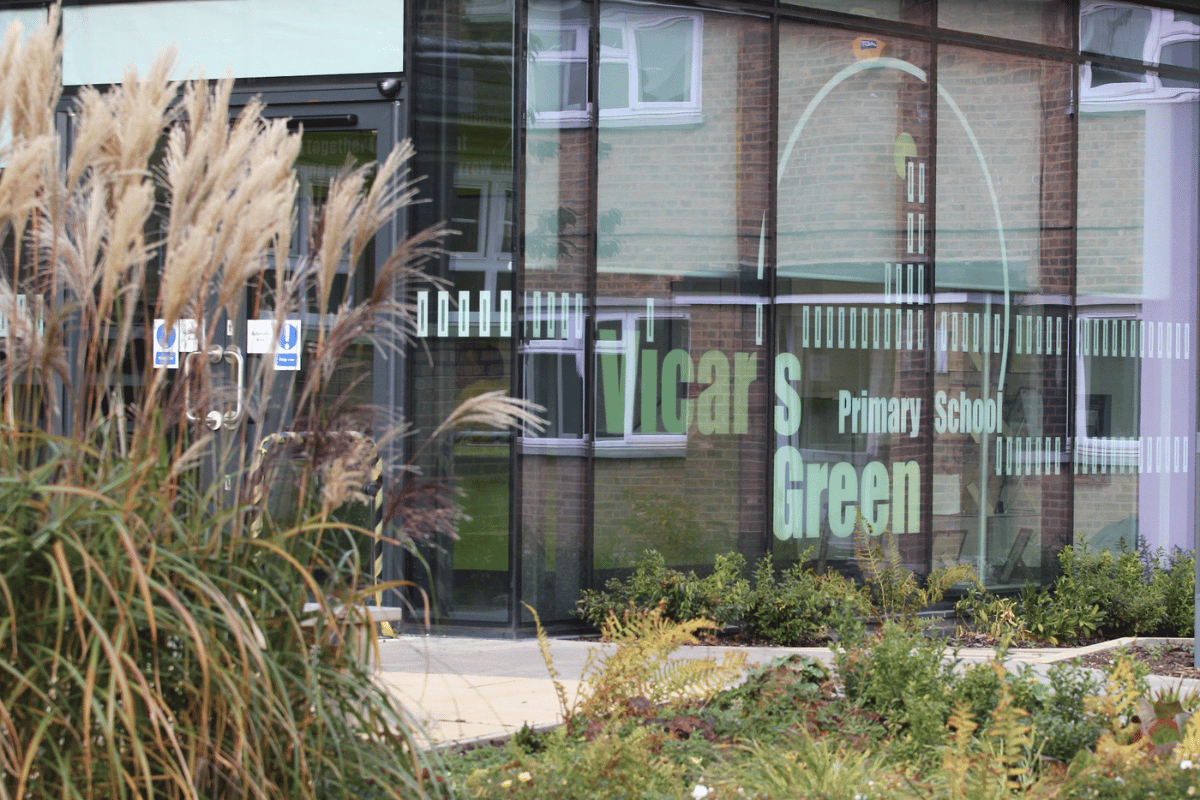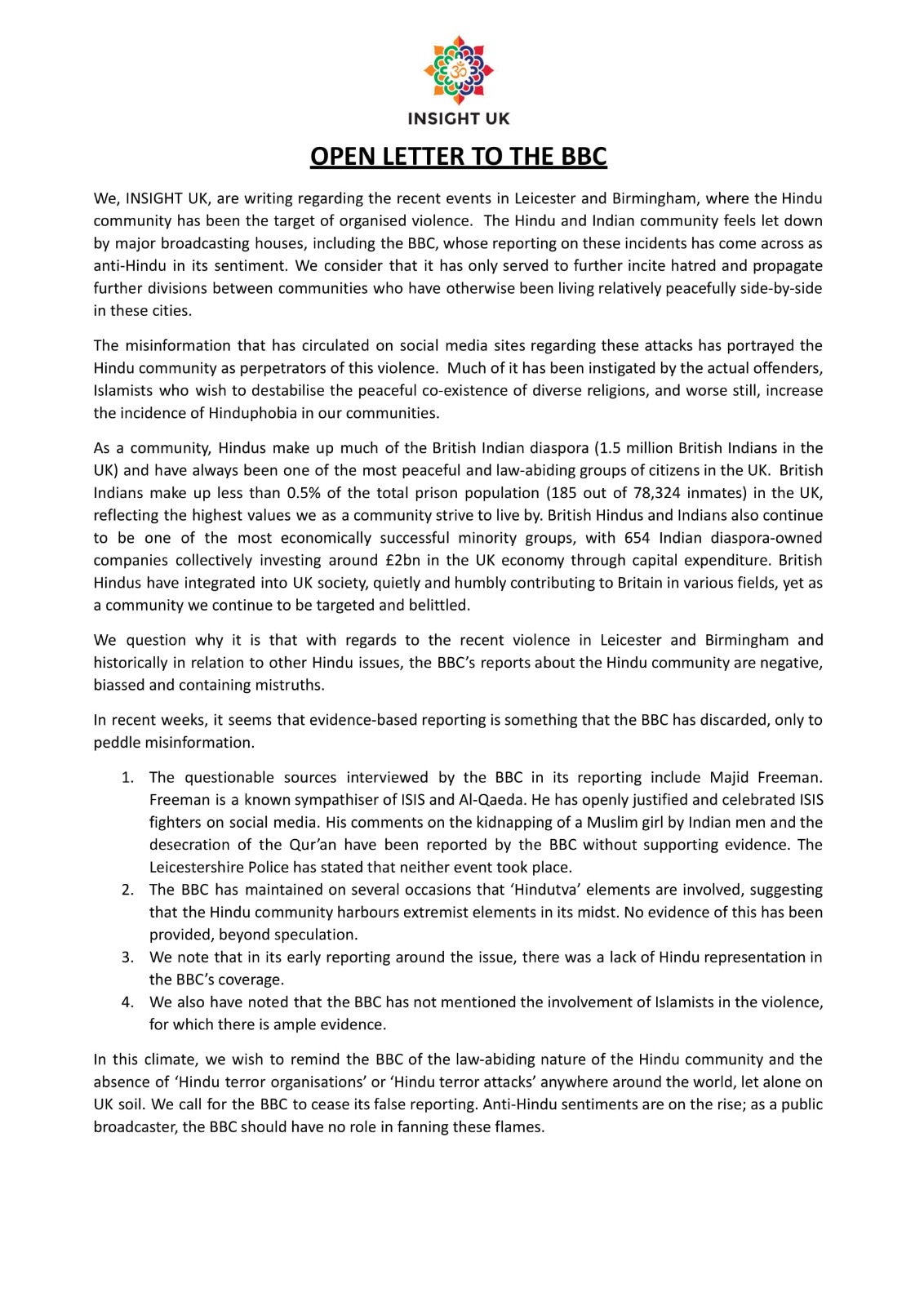
The report published by the UK Indian Muslim Council (UKIMC) concerning communal tensions in Leicester has drawn significant scrutiny for its methodological shortcomings and questionable assertions.
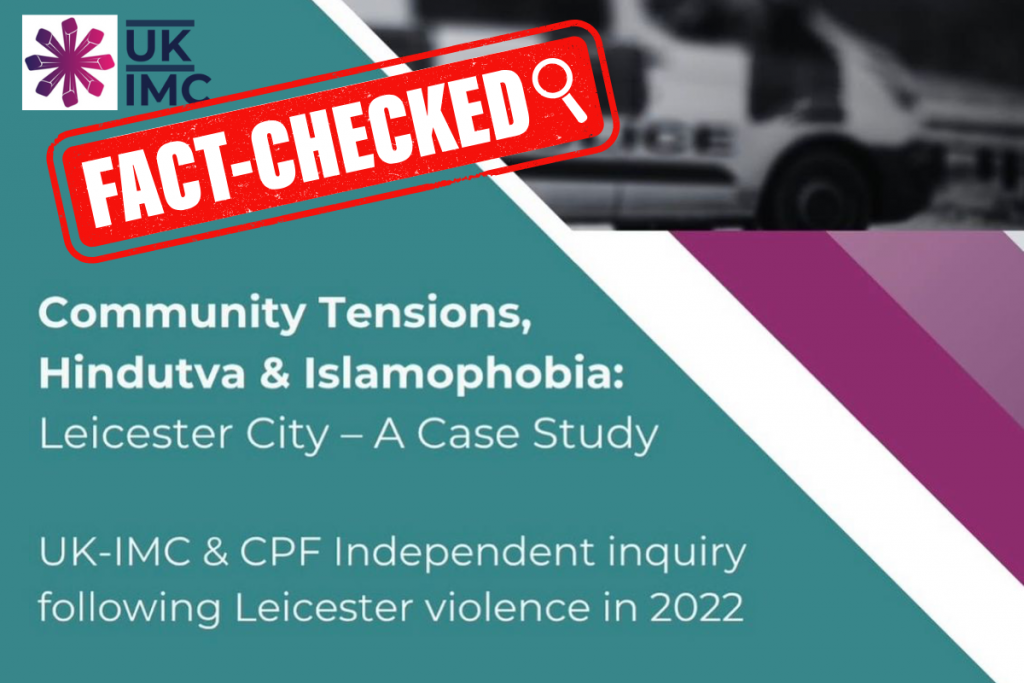
A recent legal proceeding even noted that the survey report by the same organisation lacked any scientific rigour and was therefore deemed unreliable as a platform for drawing substantial conclusions.
Missing Representation and Selective Narratives
- The report fails to include a sufficient range of Hindu voices or views from Hindu organisations based in Leicester, leading to an imbalanced and incomplete picture of the situation.
- It also neglects the perspectives of Muslim youth, many of whom publicly recognised and commented on anti-Hindu sentiment circulating during the unrest.
Omission of Key Individuals and Events
- Notably absent are references to the roles played by Majid Freeman and Mohammad Hijab, both influential figures involved during the period of unrest. Freeman, whose actions were directly tied to the events, received a custodial sentence. These omissions raise questions about the credibility and neutrality of the report’s findings.
Misrepresentation of Ideologies
- The term “Hindutva” is defined incorrectly, and there is no substantiated evidence offered to indicate the presence of individuals aligned with Hindutva ideology in Leicester prior to the disturbances.
- The report disproportionately focuses on the Rashtriya Swayamsevak Sangh (RSS), attempting to forge tenuous links to Leicester. This line of narrative appears aligned with an Islamist trope that had already been debunked several years ago; no RSS-linked members were arrested during the unrest, which puts the whole basis underpinning the report into question.
Unrelated International References
- The document incorporates coverage of events in India that bear no direct relevance to the local unrest in Leicester. This inclusion distracts from addressing the actual triggers of the tension and the Islamist attacks against Hindu individuals and property.
Questionable Critique of Counter-Terror Measures
- PREVENT, a multi-agency initiative designed to deter individuals from engaging in terrorist activities, is oddly criticised. Why would this Indian Muslim Council want to attack such an organisation?
Unsupported Allegations Against Charities and Government
- The report alleges that Sewa UK redirected funds from the 2001 Gujarat earthquake to Hindutva groups involved in the 2002 Gujarat violence. However, the Charity Commission conducted an inquiry into this matter and found no evidence to support such claims.
- It is also incorrectly asserted that the UK Government directly held Indian Prime Minister Narendra Modi responsible for the 2002 Gujarat riots, which is demonstrably untrue.
Lack of Evidence and Misleading Claims
- The report fails to present verifiable instances of damage to Muslim property or communities, yet claims that a Muslim man was attacked by thirty Hindu men without offering supporting evidence.
- It goes further to almost deny claims of Hinduphobia, despite documented cases of anti-Hindu rhetoric and aggression during the unrest.
Deflecting Accountability and Misframing Incidents
- The report appears to function as a shield for Islamist actors, diverting attention from the violence they inflicted on Hindus, including attacks on temples and other cultural sites.
- The claim that tensions were sparked by a cricket match is misleading. While minor altercations are not uncommon after sporting events, particularly football, there was no documented incitement or anti-Muslim rhetoric at this match, which was attended by fans of all backgrounds.
Contradictory and Inaccurate Assertions
- In attributing blame to new arrivals holding Portuguese passports, the report contradicts its own assertion that tensions stem from Indian political ideologies. These legal residents have long-established roots in Leicester, with many having lived there for over a decade. It is very easy to blame immigrants – an all-too-easy political tactic.
- The portrayal of Muslims being seen as outsiders is not corroborated by any substantial local evidence, especially in light of widely shared videos depicting anti-Hindu slurs such as “Mushrik” used during the unrest.
- Claims of anti-social behaviour by Hindus being the instigating factor lack documentation of formal complaints submitted to Leicester City Council by Muslim communities prior to the escalation.


